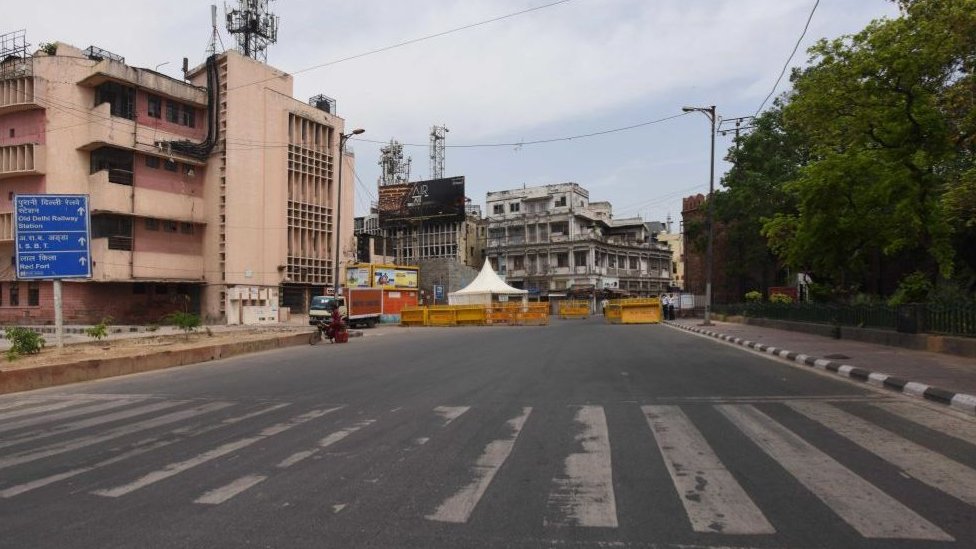 English
English

India’s escalating second wave of COVID-19 infections poses downside risks to GDP and heightens the possibility of business disruptions, S&P Global Ratings said on Wednesday.

Hong Kong: India's escalating second wave of COVID-19 infections poses downside risks to GDP and heightens the possibility of business disruptions, S&P Global Ratings said on Wednesday.
The negative credit spillovers to rated portfolio remains limited but the situation is fluid, it said.
"In addition to the substantial loss of life and significant humanitarian concerns, S&P Global Ratings believes the outbreak poses downside risks to GDP and heightens the possibility of business disruptions. The high absolute number of infections in India also presents a significant contagion risk to other geographies."
S&P said the COVID-19 second wave brings uncertainty. As daily infection cases exceed 300,000, the outbreak is putting severe pressure on the country's health infrastructure. A drawn-out COVID-19 outbreak will impede India's economic recovery.
This may prompt us to revise our base-case assumption of 11 per cent growth over fiscal 2021-22, particularly if the government is forced to reimpose broad containment measures. The country already faces a permanent loss of output versus its pre-pandemic path, suggesting a long-term production deficit equivalent to about 10 per cent of GDP.
India's speedy economic recovery right up until March 2021 has partly alleviated nonperforming loan stresses. Government measures have helped, including emergency credit guarantees for small to mid-size enterprises.
Also, under the state's partial guarantee programme, the government promises to cover up to 20 per cent of the first loss incurred by banks on certain bonds issued by finance companies.
Overall, said S&P, Asia Pacific is susceptible to contagion from the highly infectious COVID-19 variants present in India, given the low ratios of vaccination in the region. In the event of some vaccines having limited efficacy against newer virus mutations, the countries may be exposed to further waves of COVID-19 outbreaks. (ANI)